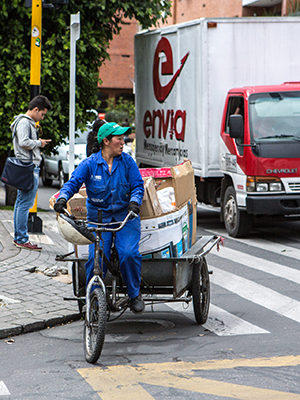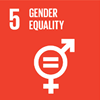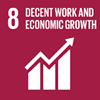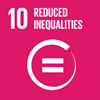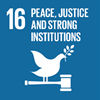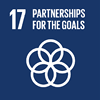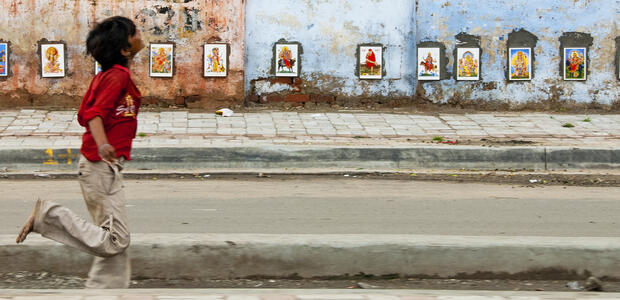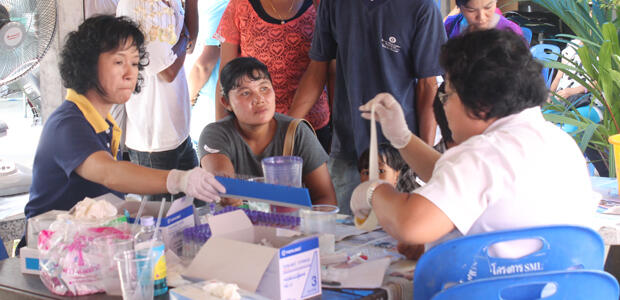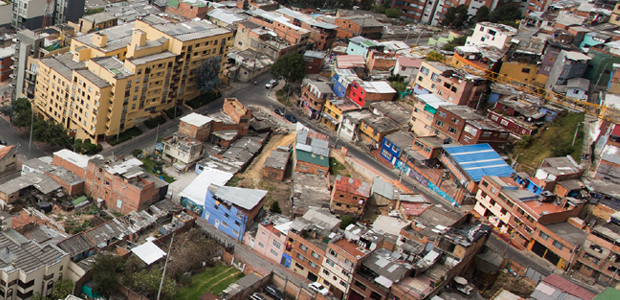Transforming economies, states, and societies
At its core, development is about the well-being of people. But it is also about creating societies which provide fundamental rights and just social political outcomes. Sustainable and inclusive development requires transformative changes across three fundamental areas: in the structures of economies, in the state, and institutions that govern social and market interactions and broader developmental processes, and in society itself. These transformations are central to the achievement of the United Nations’ 2030 Agenda for Sustainable Development and the Sustainable Development Goals (SDGs).
The 2019–23 UNU-WIDER work programme focuses on the interlinked development challenges of transforming economies, states, and societies and maps them against SDGs 5, 8, 10, 16, 17. By mobilizing research evidence for action through the ongoing processes in the UN and its member states, the institute continues to work with stakeholders to strengthen capacities for research, technical, and policy analysis, and facilitate exchange of experiences and knowledge towards bold and collaborative development solutions for countries and regions around the world.
Click on the table below to explore our current work or scroll down to search past projects.
21 active and previous projects
Filter by...
Inclusion
Disadvantaged groups and social mobilityThis project has three main objectives in line with UNU-WIDER’s tradition in the area of inclusion and horizontal inequality: (1) to shed further light on the extent to which inequalities run along ethnic, gender, and other communal lines; (2) to...
Inclusion
World inequalityThe purpose of this project is to advance data collection, measurement, and research regarding the development of inequality in the world. A major focus in this research area is the maintenance, updating, and development of the World Income...
Inclusion
Gender and developmentSubstantial progress toward gender equality and women’s empowerment has occurred over the past four decades, but key gaps, both in opportunity and capability, persist between males and females in all countries. This project focuses on generating high...
2002-03
Conference on sharing global prosperityConferences: 6 September 2003 WIDER Conference on Sharing Global Prosperity
2002-03
Reconstruction in conflict and post-conflict societiesReconstruction from conflict is a complex and demanding task, and a major challenge for the UN system as well as the wider donor community. National authorities and their donor partners are faced with multiple priorities - rebuilding infrastructure...
2002-03
Global trends in inequality and povertyThe scale and causes of international income inequality and poverty continue to be much debated. Yet, the quality of the analysis and data underlying this debate still leaves much to be desired. Accordingly, this project will collate poverty data to...
2002-03
Spatial disparities in human developmentMany developing and transition countries have considerable regional variation in average household income, poverty, and health and educational status. National human development indicators can therefore mislead policy-makers when large regional...
2002-03
The sustainability of development financingThe real value of official aid flows fell for much of the 1990s, and private capital flows to low-income countries remain mostly limited. The decline in aid flows may endanger the development process, since they finance much of the development budget...
 Join the network
Join the network